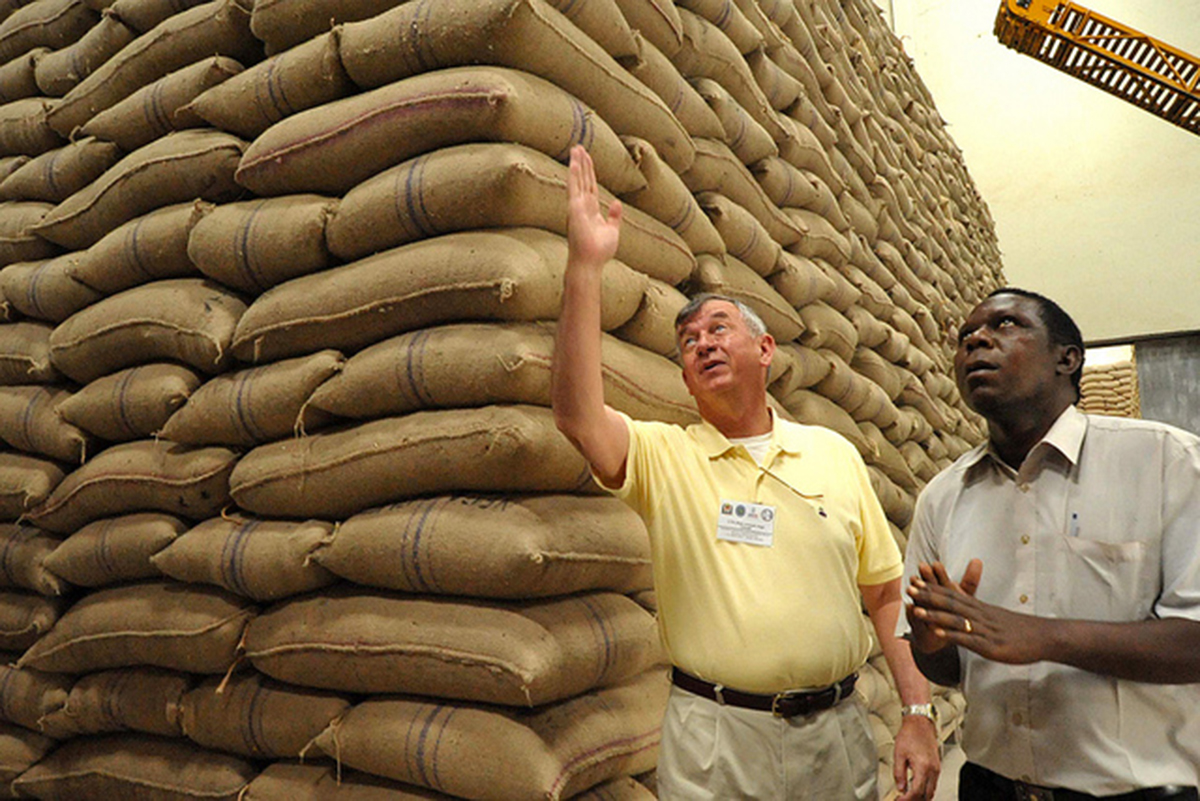What do an Asteroid impact, a super-volcano eruption, nuclear war, extreme climate change and Terminator-like artificial intelligence have in common? These doom scenarios all made the list of the 12 most likely apocalypse causes, created by researchers from the Oxford University's Future of Humanity Institute and the Global Challenges Foundation.
The possibility of a global pandemic — involving a new strain of a familiar virus, or perhaps a virus still unknown to humanity — also made the list. While the probability of a catastrophic global pandemic was only estimated to be 0.0001 percent, the study team made it clear that “the death toll would be extreme”.

Would you survive if the Earth was consumed by a deadly pandemic, for which no known cure existed and during which the brightest minds science has to offer would be dead before they could solve the crisis? Would your loved ones? While that’s partly left to chance, your actions, and your level of preparedness, could save your life and the lives of those who matter to you.
How A Global Pandemic Could Spell Anarchy Within Weeks
Think about it. "Freetown is looking very lonely. We are all just staying at home waiting," a Sierra Leone taxi driver told the press during the Ebola outbreak. As the deadly Ebola virus swept the West African nation, it shut its borders, imposed a three-day curfew from which only essential workers were exempt, and did everything in its power to quarantine those infected from the rest of the population. An estimated 13,541 people were infected with Ebola during the outbreak, with 3,952 fatalities. A year after the height of the outbreak, Sierra Leone and its economy have not recovered.
In the developed world, we are entirely dependent on things we take for granted to the point we don't consider they're there at all unless they aren't working. In a fast-acting pandemic, without a cure or vaccine or any treatment on the horizon, the cogs that keep the world running would stop turning.
Once hospitals are full and doctors and nurses start falling ill and dying, they may simply shut down. Mobile clinics may be set up, as happened in countries affected by Ebola, but they'd be little more than a "store house" for the ill. Pharmacies would be empty as people rush to buy whatever meds they think may save them.
People would quickly start stockpiling food, water, and other supplies, and supermarkets would be cleaned out within a matter of days. As those who work in transport fall ill or become too scared to go to work, replenishment simply wouldn't be happening. And then? Then, people would really start freaking out, knowing their lack of food could kill them if the virus doesn't get them first.
Trash collection would stop working, creating a huge additional health hazard. Gasoline could stop being available pretty quickly. Within a week, our society could be entirely transformed. In this new and dangerous world, both the deadly virus and the lack of food would become immediate threats. Add to that the inevitability that the hungry and desperate will start looting, perhaps coming to your house to see if you've got any food, and you have a terrifying scenario on your hands. Think it's over?
READ Could A Real Zombie Outbreak Ever Happen?
Your Very Own Doomsday Prep
Staying Home? Here's What You Should Have For A Disaster Scenario

- Water is your Number One priority. Everyone benefits from having a large amount of bottled water in their house in case the tap water stops running or becomes unsafe. You are also going to want a water filter, and not the kind that attaches to your tap but the kind you screw into a bottle. This could render rain water, river water, and water harvested from cars and the like safe for drinking. One gallon a day is the standard minimum recommendation for water consumption.
- You'll want about three months of food for all members of your household. Rice and dried beans are all very well when you have access to a stove, but you might not. Cans of corn, peas and fruits can be consumed without boiling them. It may be yucky, but you won't starve. Pickled and dehydrated supplies will also come in handy, as will crackers. And chocolate, for a quick energy boost.
- If you are going to cook (or just need a way to stay warm), you'll need something to get a fire started. Portable gas heaters for camping will tide you over a while, but you may want to learn how to start a fire yourself. You'll definitely want lighters and fire starters or sticks, as well as wood, cardboard, dryer lint, and wadded paper.
- In disaster scenarios featuring the total breakdown of government, people can get violent. You'll always want a very good pen knife for all kinds of things (Kershaw, Gerber, and Opinel are all good choices), but this is a situation in which a gun and plenty of ammo may also save your life.
Thinking Of Leaving Town?
- Photo courtesy of Esparta: https://www.flickr.com/photos/esparta/3483781370/
- Photo courtesy of US Army Africa: www.flickr.com/photos/usarmyafrica/5546285062/


Your thoughts on this